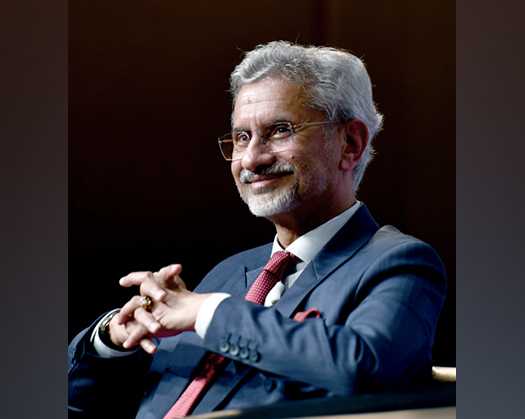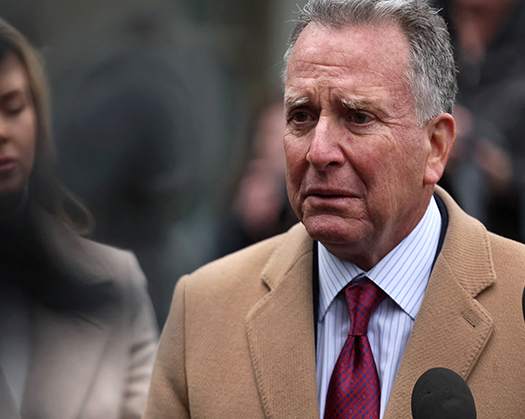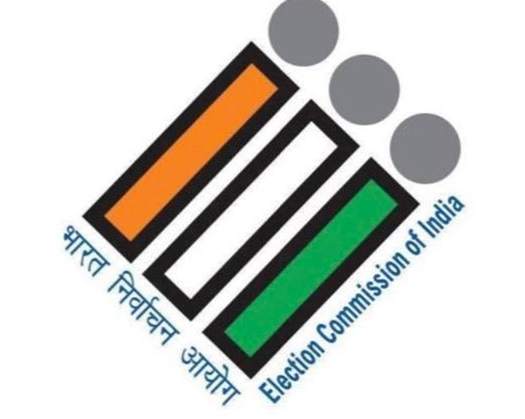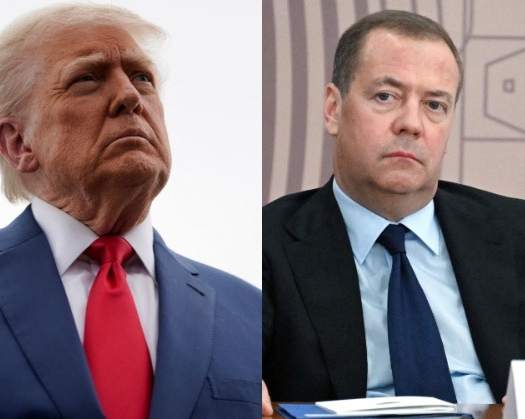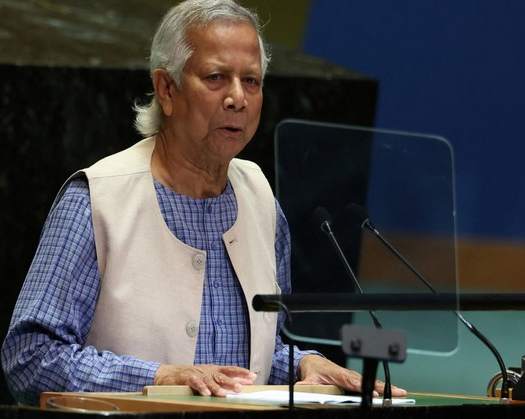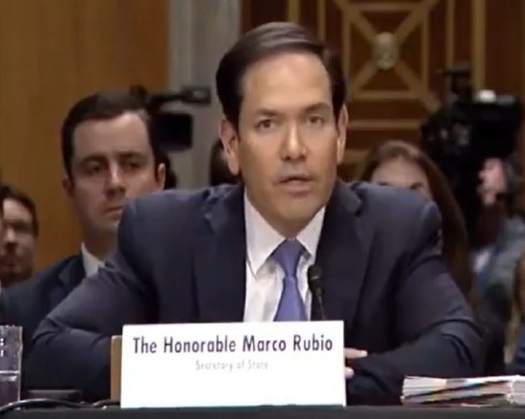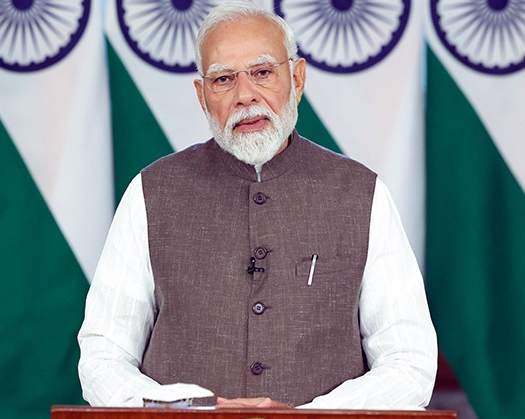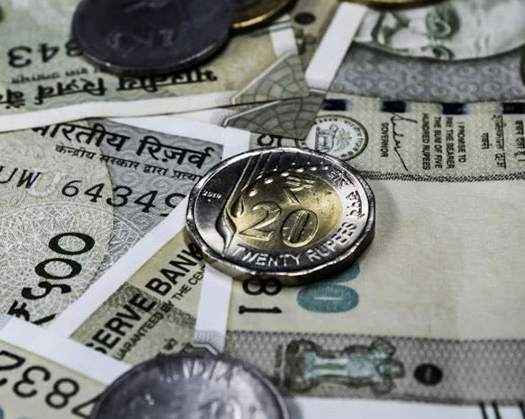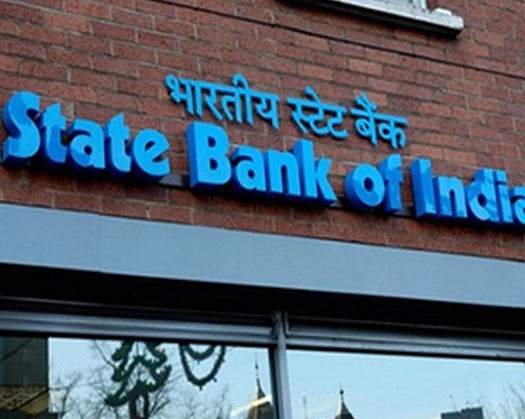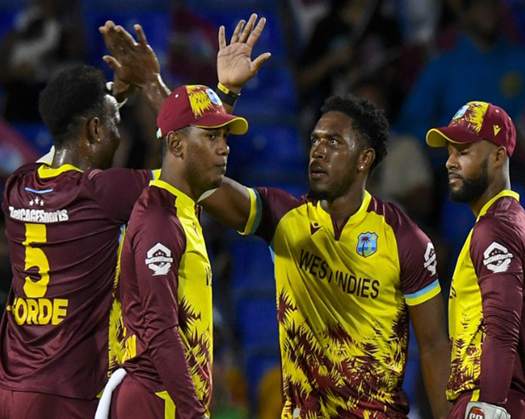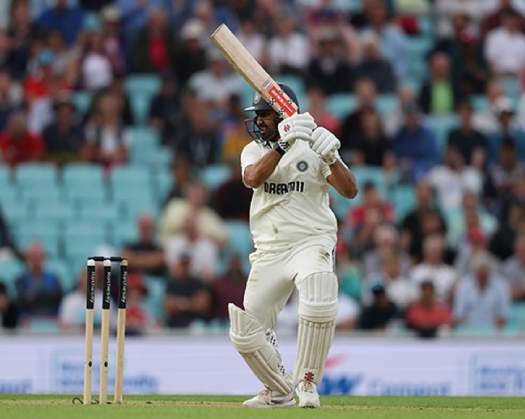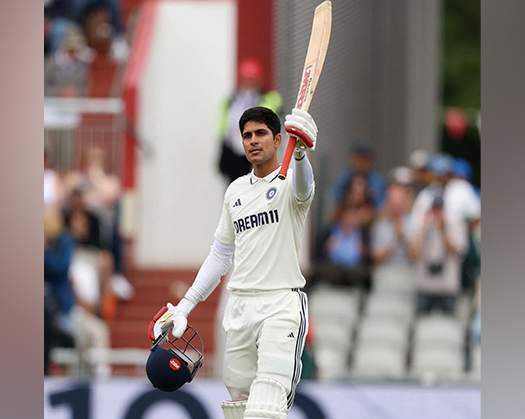Johannesburg: In his address at the G20 session, Indian External Affairs Minister S. Jaishankar underscored the pressures on the global order stemming from various ongoing conflicts worldwide, emphasizing the importance of upholding international norms.
He asserted that the global agenda should not be limited to the interests of a select few and called for increased plurilateralism to address global deficiencies.
During the G20 session titled 'Discussion on the Global Geopolitical Situation', Jaishankar expressed support for the current ceasefire and hostage agreement between Israel and Hamas, while reaffirming India's strong condemnation of terrorism and its advocacy for a two-state solution to the enduring conflict.
"Concerning the Middle East, we welcome the ceasefire in Gaza and the release of hostages, support humanitarian efforts, denounce terrorism, and promote a two-state solution. It is crucial to maintain the ceasefire in Lebanon and to pursue an inclusive, Syrian-led resolution. Peace and stability in this region are essential for global well-being," he stated.
He further noted, "Ensuring maritime security in and around this area is also critical. Indian naval forces have played a role in this regard in the Arabian Sea and Gulf of Aden. Restoring normal maritime trade remains a key priority."
Regarding the ongoing conflict between Russia and Ukraine, the Foreign Minister reiterated India's consistent position advocating for resolution through dialogue and diplomacy.
"On the Ukraine conflict, we have consistently promoted dialogue and diplomacy. The world now expects the involved parties to engage with one another to bring an end to the war."
He raised concerns regarding the issue at hand while also highlighting that other conflicts, such as those in the Democratic Republic of Congo, Sudan, and the Sahel region, are not receiving the attention they warrant. He strongly asserted that this situation needs to be addressed.
Additionally, he emphasized the importance of adhering to international law, particularly UNCLOS 1982, within the context of the Indo-Pacific region.
"In the Indo-Pacific, it is crucial to uphold international law, especially UNCLOS 1982. Agreements must be honored, and coercion should not be tolerated. As members of the G20, we must acknowledge that multilateralism is significantly weakened. The UN and its Security Council often find themselves in a state of paralysis," Jaishankar stated.
He further remarked, "Merely restoring functionality is insufficient; there must be changes in its working methods and representation. Increased plurilateralism is essential to address global shortcomings. International cooperation should be more transparent and less unilateral. The global agenda must not be limited to the interests of a select few."

